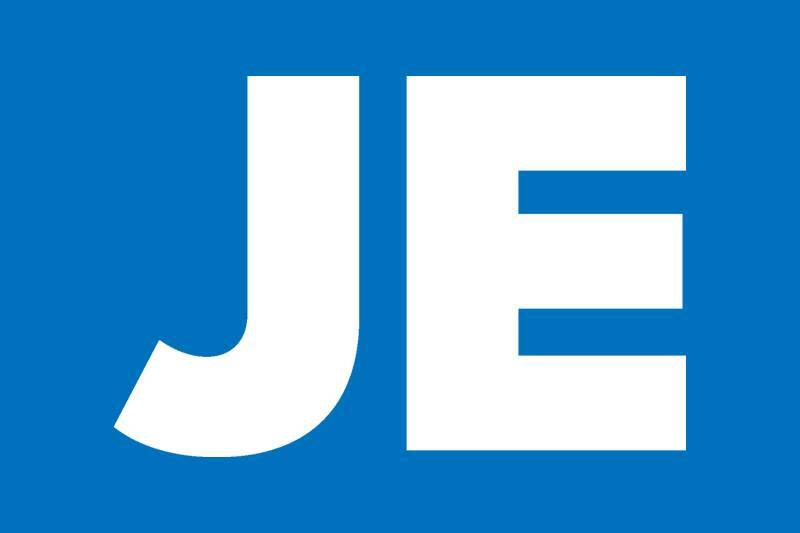Top Stories
U.S. Government Shutdown Ends: Political Fallout and Public Costs

The recent shutdown of the U.S. government, which lasted for six weeks, came to an end amid significant public discontent and political turmoil. This episode, marked by a standoff between the White House and Congress, resulted in federal workers going unpaid and essential services being disrupted. The fallout from this impasse has raised serious questions about the competence of both major political parties.
The shutdown began as a strategic maneuver by President Donald Trump, who opted for confrontation over negotiation. His administration’s handling of the Supplemental Nutrition Assistance Program (SNAP) threatened food security for approximately 42 million Americans. As public opinion turned against him, his approval ratings began to decline sharply. The situation deteriorated further when his allies found themselves embroiled in internal conflicts, transforming what was intended to be leverage into a political liability.
Democrats, under the leadership of Senator Chuck Schumer, faced their own challenges during the crisis. Their lack of consensus about the objectives of the standoff only added to the confusion. Some factions called for a focus on health care, while others emphasized the importance of democracy itself. This disarray led to a perception of weakness in their leadership, as they struggled to present a coherent strategy.
As the shutdown progressed, the consequences became increasingly severe. The Federal Aviation Administration (FAA) reduced operations, resulting in delayed flights and travel chaos during a typically busy period. Food stamp recipients expressed concern over the potential loss of benefits, and many families saw their Thanksgiving plans disrupted. The toll on the middle class, whom politicians often claim to represent, became evident as frustration mounted.
According to political commentator Nate Silver, the inability of both parties to navigate the situation effectively amounted to “political malpractice.” As the holiday season approached, both parties recognized the urgent need to resolve the standoff to avoid being perceived as the “Grinch who stole Thanksgiving.” Ultimately, the impending calendar deadlines pushed them toward compromise.
While the reopening of the government provided some relief, it should not be mistaken for a resolution of underlying issues. The damage inflicted by the shutdown extends beyond lost wages and disrupted services; it has also contributed to a deeper erosion of trust in governmental institutions. Each time the budget is weaponized, it sends a message to citizens that their lives are secondary to political gamesmanship.
Moving forward, it is essential for both parties to adopt a more responsible approach to governance. Democrats did deserve some acknowledgment for allowing a deal to progress, but this recognition is tempered by their ongoing struggles to find effective leadership. The nation requires individuals who can navigate conflict with maturity, rather than those who prioritize headlines over substantive policymaking.
The shutdown of 2025 will be remembered not for its achievements but for exposing a government that is too divided to function effectively. The American public deserves a political system that treats governance as a fundamental duty, rather than a contest of egos. As the dust begins to settle, the focus must shift towards rebuilding trust and ensuring that such a crisis does not recur.
-

 Lifestyle4 months ago
Lifestyle4 months agoLibraries Challenge Rising E-Book Costs Amid Growing Demand
-

 Sports4 months ago
Sports4 months agoTyreek Hill Responds to Tua Tagovailoa’s Comments on Team Dynamics
-

 Sports4 months ago
Sports4 months agoLiverpool Secures Agreement to Sign Young Striker Will Wright
-

 Lifestyle4 months ago
Lifestyle4 months agoSave Your Split Tomatoes: Expert Tips for Gardeners
-

 Lifestyle4 months ago
Lifestyle4 months agoPrincess Beatrice’s Daughter Athena Joins Siblings at London Parade
-

 Science3 months ago
Science3 months agoSan Francisco Hosts Unique Contest to Identify “Performative Males”
-

 World4 months ago
World4 months agoWinter Storms Lash New South Wales with Snow, Flood Risks
-

 Science4 months ago
Science4 months agoTrump Administration Moves to Repeal Key Climate Regulation
-

 Business4 months ago
Business4 months agoSoFi Technologies Shares Slip 2% Following Insider Stock Sale
-

 Science4 months ago
Science4 months agoNew Tool Reveals Link Between Horse Coat Condition and Parasites
-

 Sports4 months ago
Sports4 months agoElon Musk Sculpture Travels From Utah to Yosemite National Park
-

 Science4 months ago
Science4 months agoNew Study Confirms Humans Transported Stonehenge Bluestones









